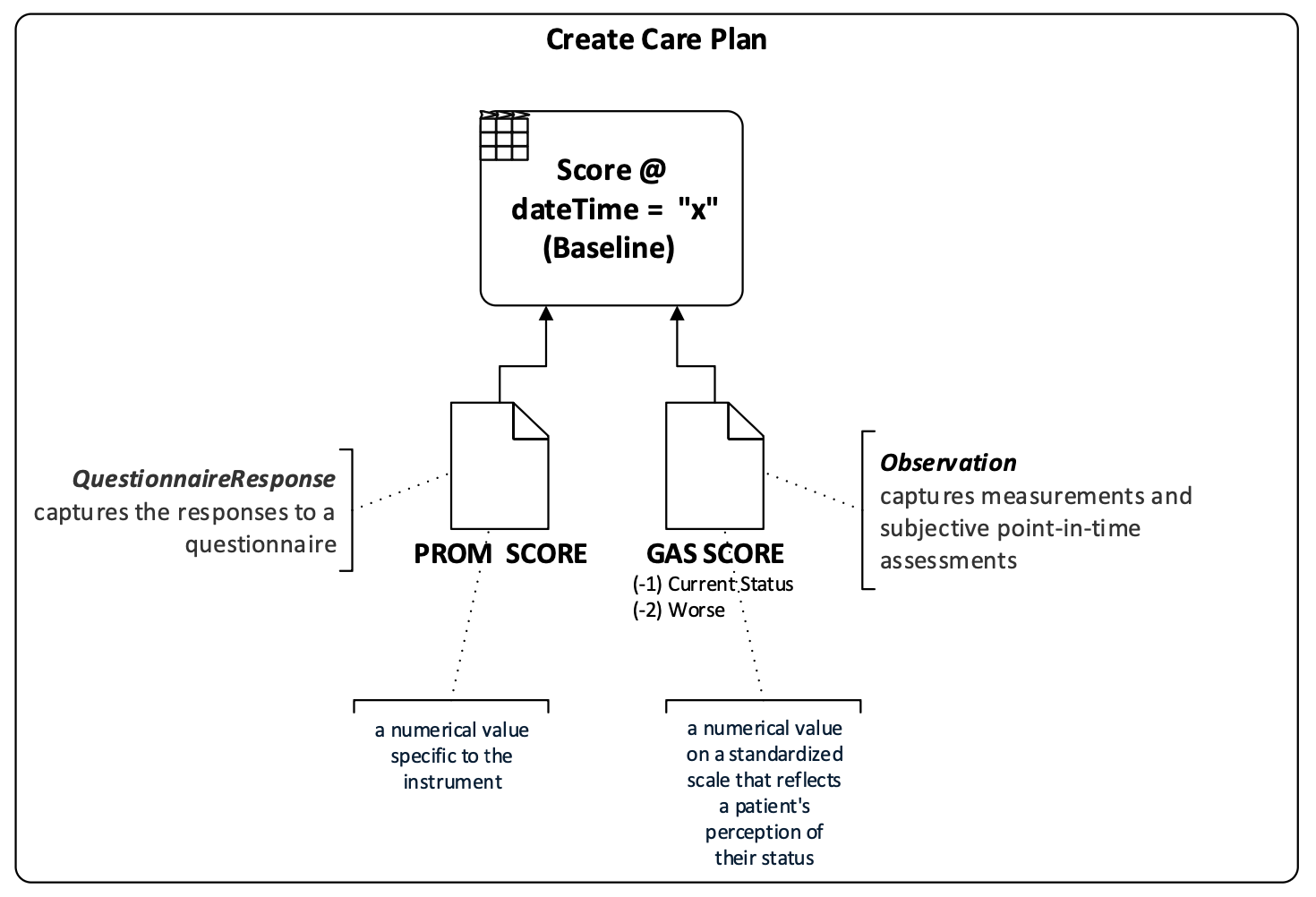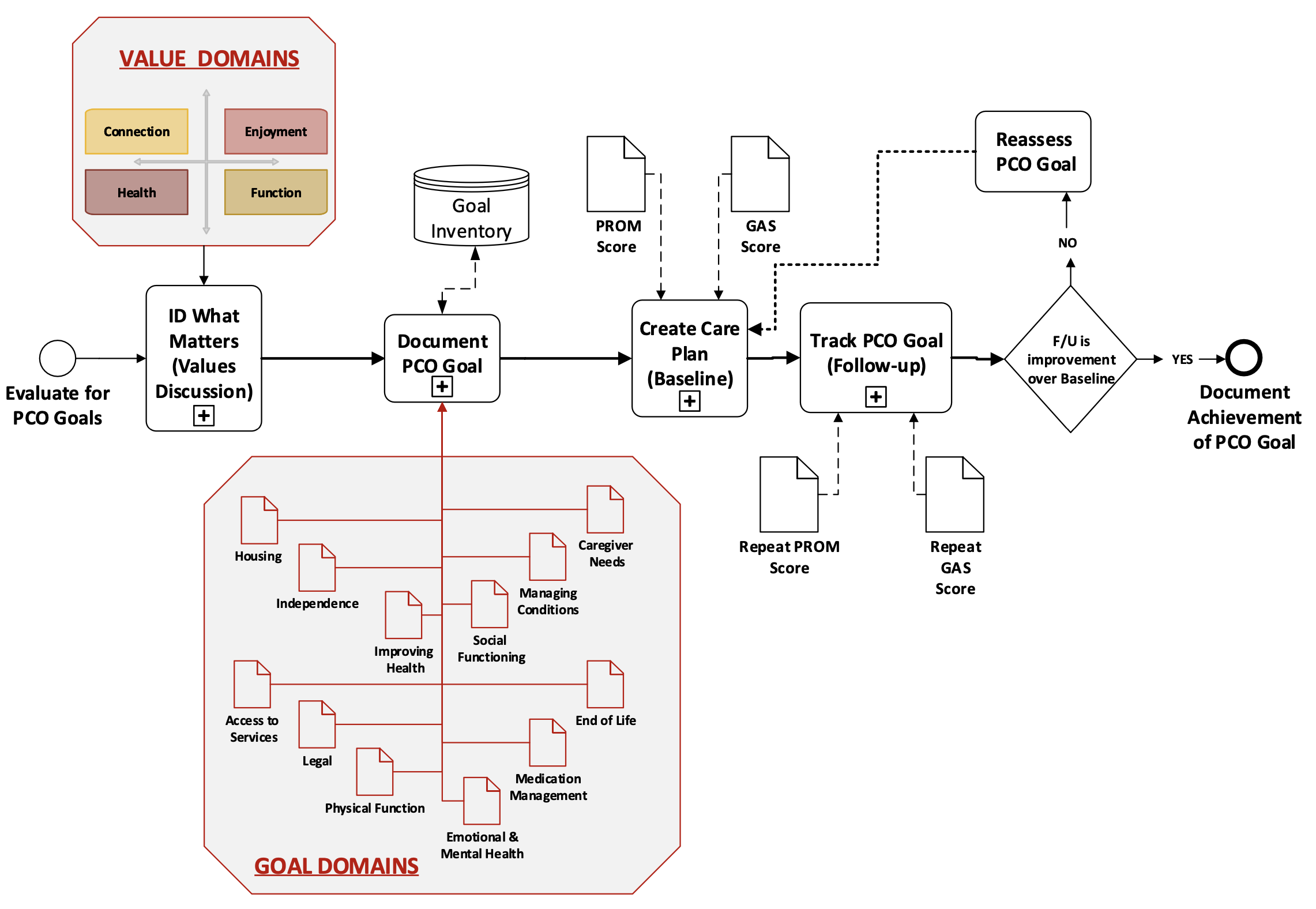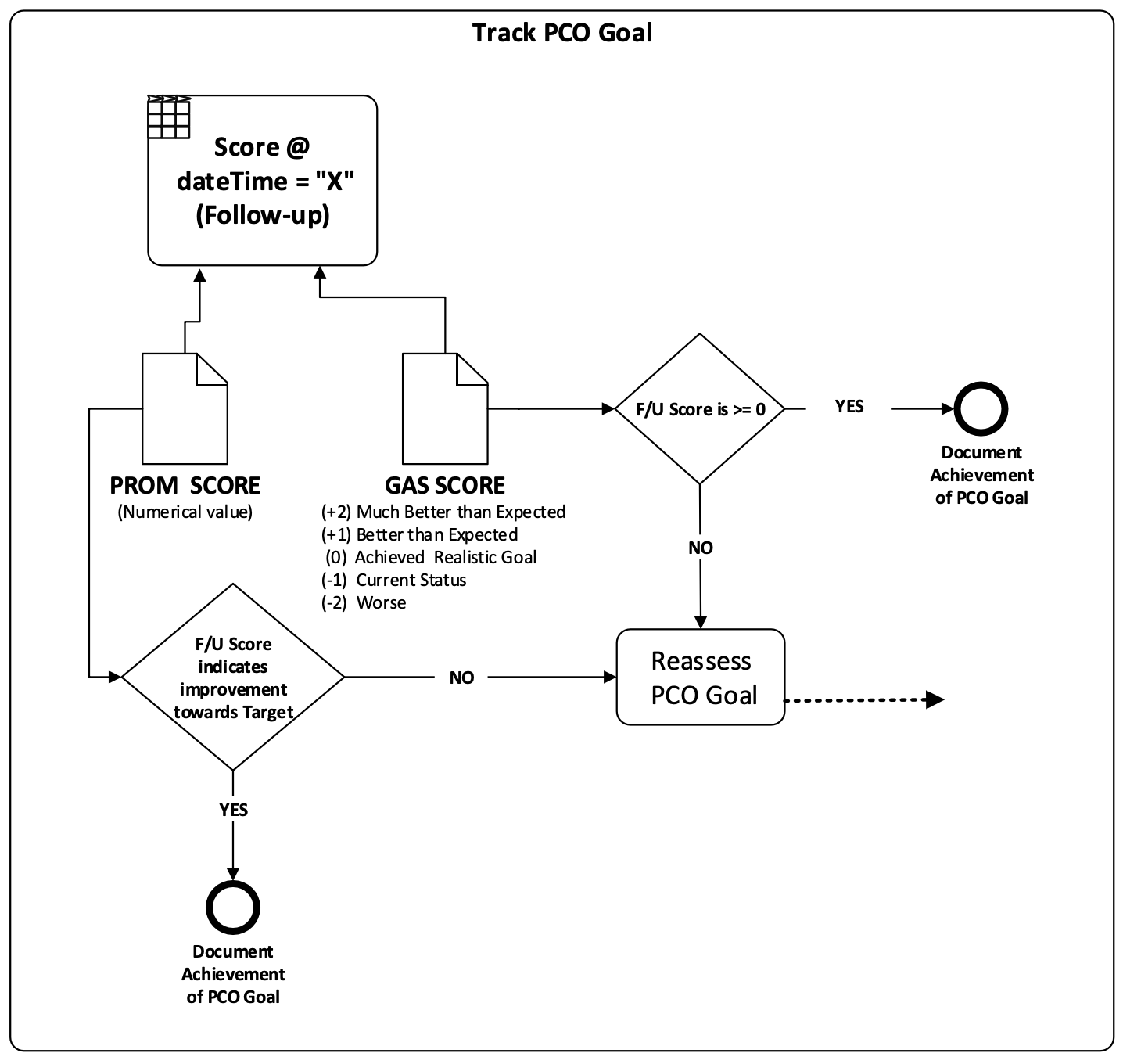


This fragment is available on dependencies.html
This publication includes IP covered under the following statements.
| Type | Reference | Content |
|---|---|---|
| web | snomed.info | 452341000124107 |
| web | snomed.info | 22253000 |
| web | snomed.info | 48694002 |
| web | snomed.info | 224960004 |
| web | snomed.info | 15188001 |
| web | snomed.info | 165232002 |
| web | snomed.info | 363702006 |
| web | snomed.info | 452341000124107 |
| web | snomed.info | 22253000 |
| web | snomed.info | 48694002 |
| web | snomed.info | 224960004 |
| web | snomed.info | 15188001 |
| web | snomed.info | 165232002 |
| web | snomed.info | 363702006 |
| web | www.iso.org |
ISO maintains the copyright on the country codes, and controls its use carefully. For further details see the ISO 3166 web page: https://www.iso.org/iso-3166-country-codes.html
Show Usage
|
| web | ucum.org |
The UCUM codes, UCUM table (regardless of format), and UCUM Specification are copyright 1999-2009, Regenstrief Institute, Inc. and the Unified Codes for Units of Measures (UCUM) Organization. All rights reserved. https://ucum.org/trac/wiki/TermsOfUse
Show Usage
|
| web | www.aarp.org | Everyone deserves fair and just access to high-quality healthcare that addresses their unique needs, reflects their diverse background and culture, and is designed to deliver the outcomes they want. This is particularly true for people with complex healthcare needs, many of whom are older adults who often receive care that may be misaligned with their needs and goals. Nearly 30% of Medicare beneficiaries have complex healthcare needs, and more than 14 million people in the U.S. need long-term services and supports. These numbers are growing every year . |
| web | www.ncqa.org | The Person-Centered Outcomes (PCO) approach focuses on setting and achieving specific, personalized, measurable goals that prioritize an individual's well-being and "What Matters Most" to each person. Rather than just treating symptoms, this approach involves close collaboration between patients, caregivers, and healthcare providers to identify personalized goals related to health outcomes, functional improvement, or symptom management. After goals are established, tailored care plans are developed, incorporating various treatments, therapies, and lifestyle adjustments to meet the individual's needs and preferences. Continual monitoring and adjustment ensure alignment with evolving priorities, fostering patient engagement and satisfaction while enhancing overall healthcare effectiveness. Clinicians throughout the care continuum—from primary care to specialty care, to home and community-based services—can use this approach to identify what is important to a person (e.g., feeling well enough to visit grandchildren). This approach and its coordinating measures can help support and assess the quality of goal-directed care being implemented. |
| web | www.sciencedirect.com | ☛ Sensitivity to change and minimal clinically important difference of the 7-item Generalized Anxiety Disorder Questionnaire (GAD-7) - ScienceDirect. |
Create_Care_Plan.png 
|
PCO_GAS_Flow Diagram.png 
|
Track_PCO_Goal.png 
|